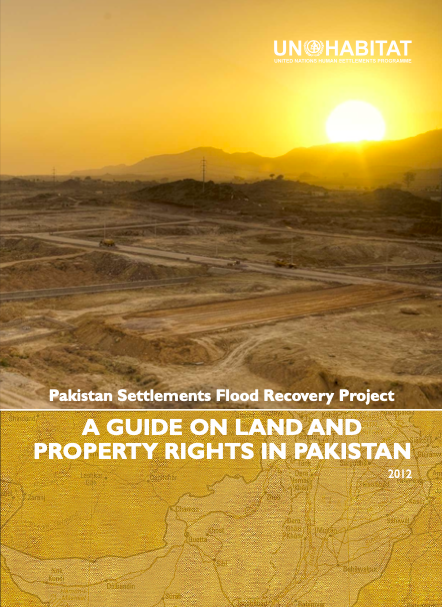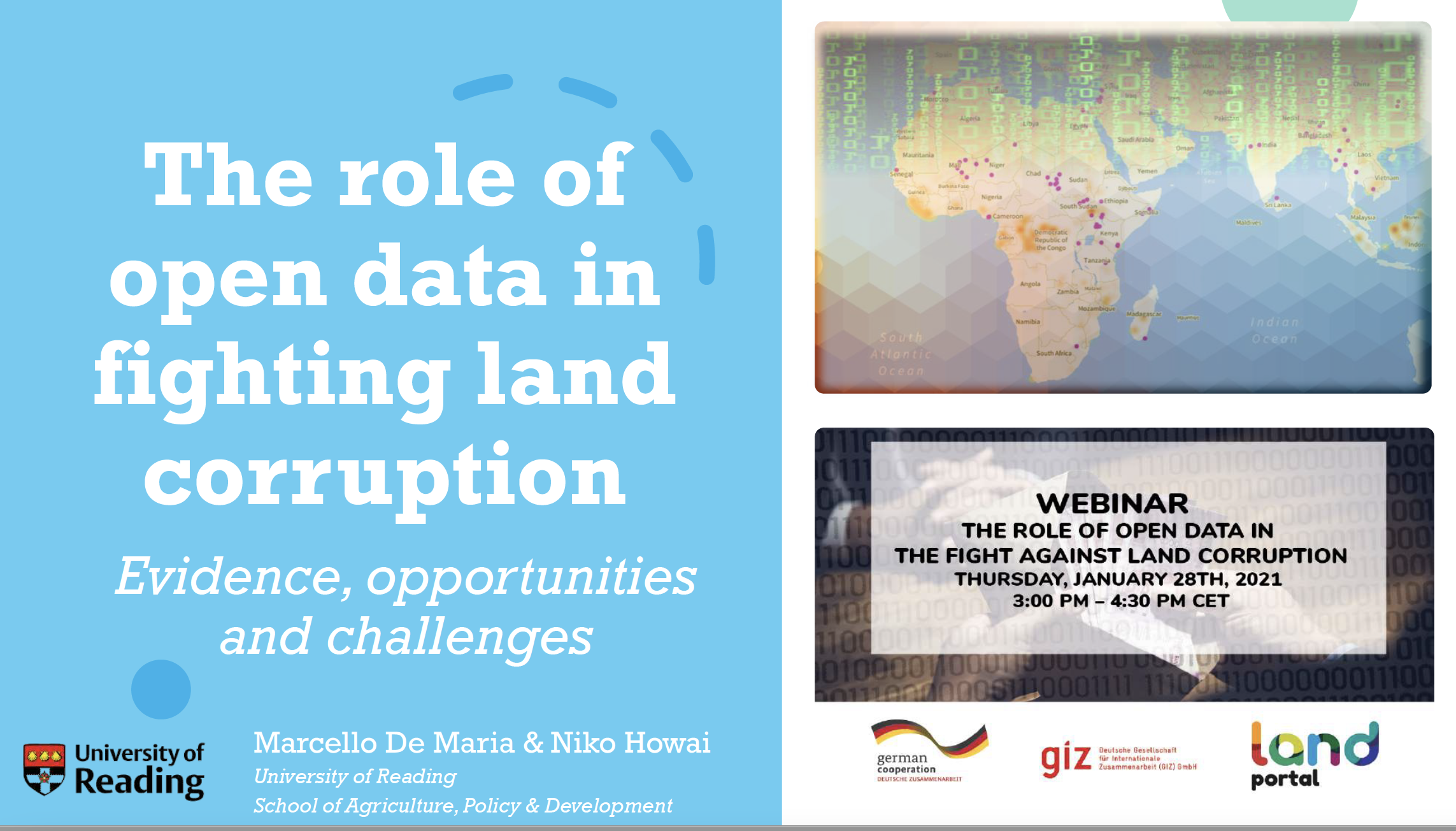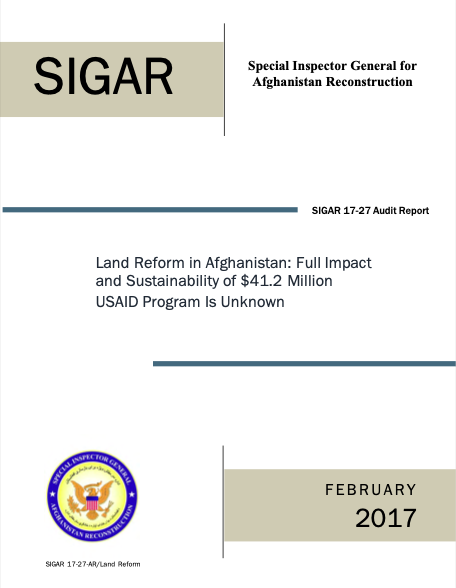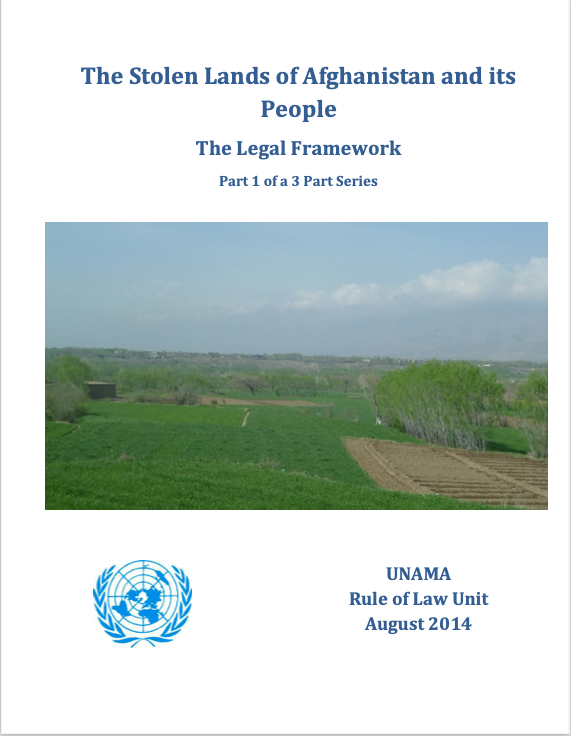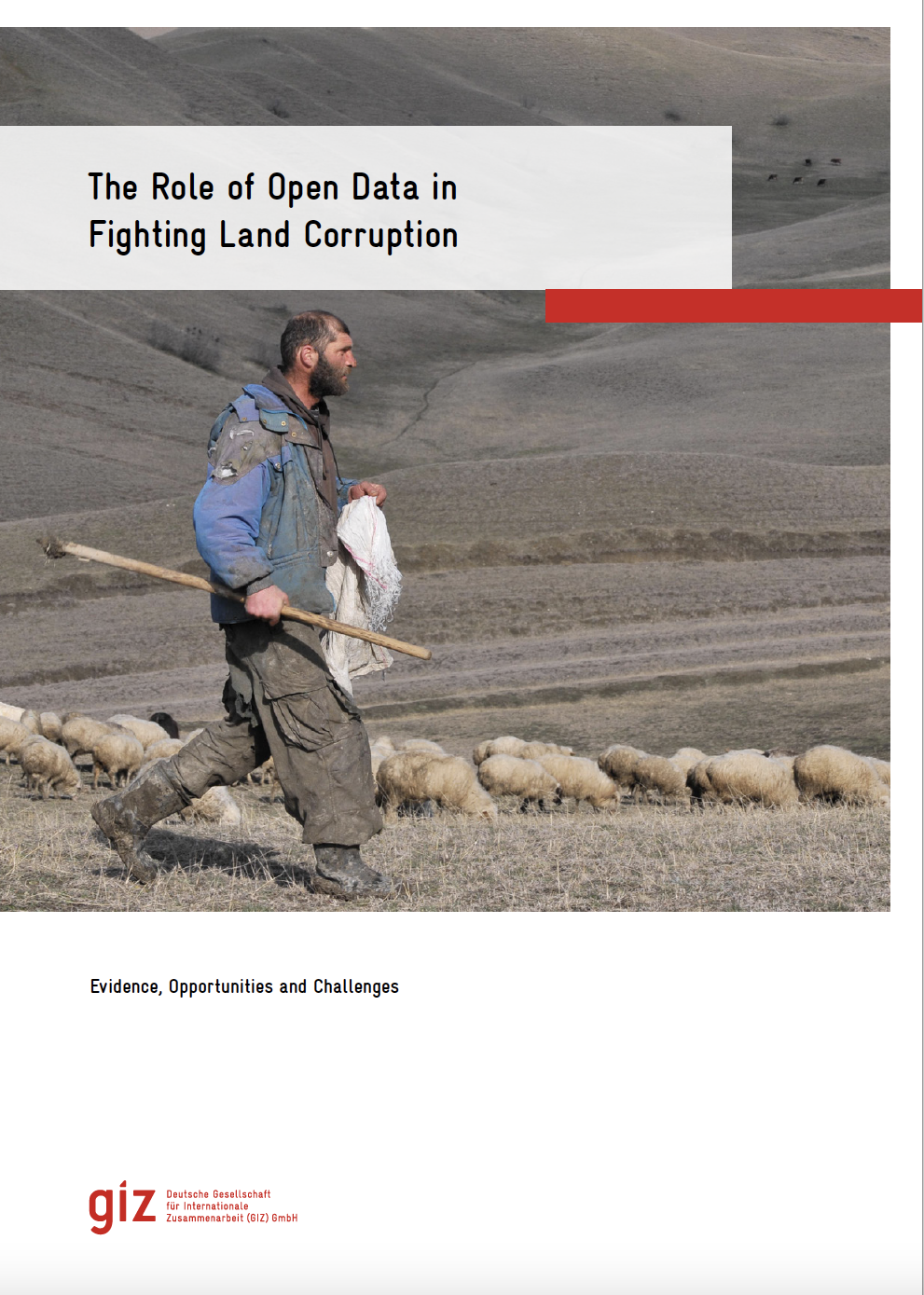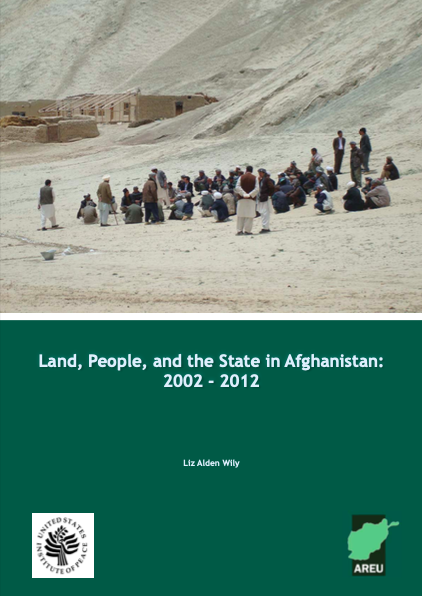Pathways for a future cadastral system: A socio-technical approach
A vast array of trends and innovations, such as drones and person-to-person trust solutions, have been proposed to revolutionize the task of recording land and property rights. There is, however, a gap in current research regarding how to approach systematically the future(s) of cadastral systems. This paper introduces socio-technical transitions theory and multi-level perspective (MLP) framework in particular as a way to structure potential pathways for cadastral systems.


